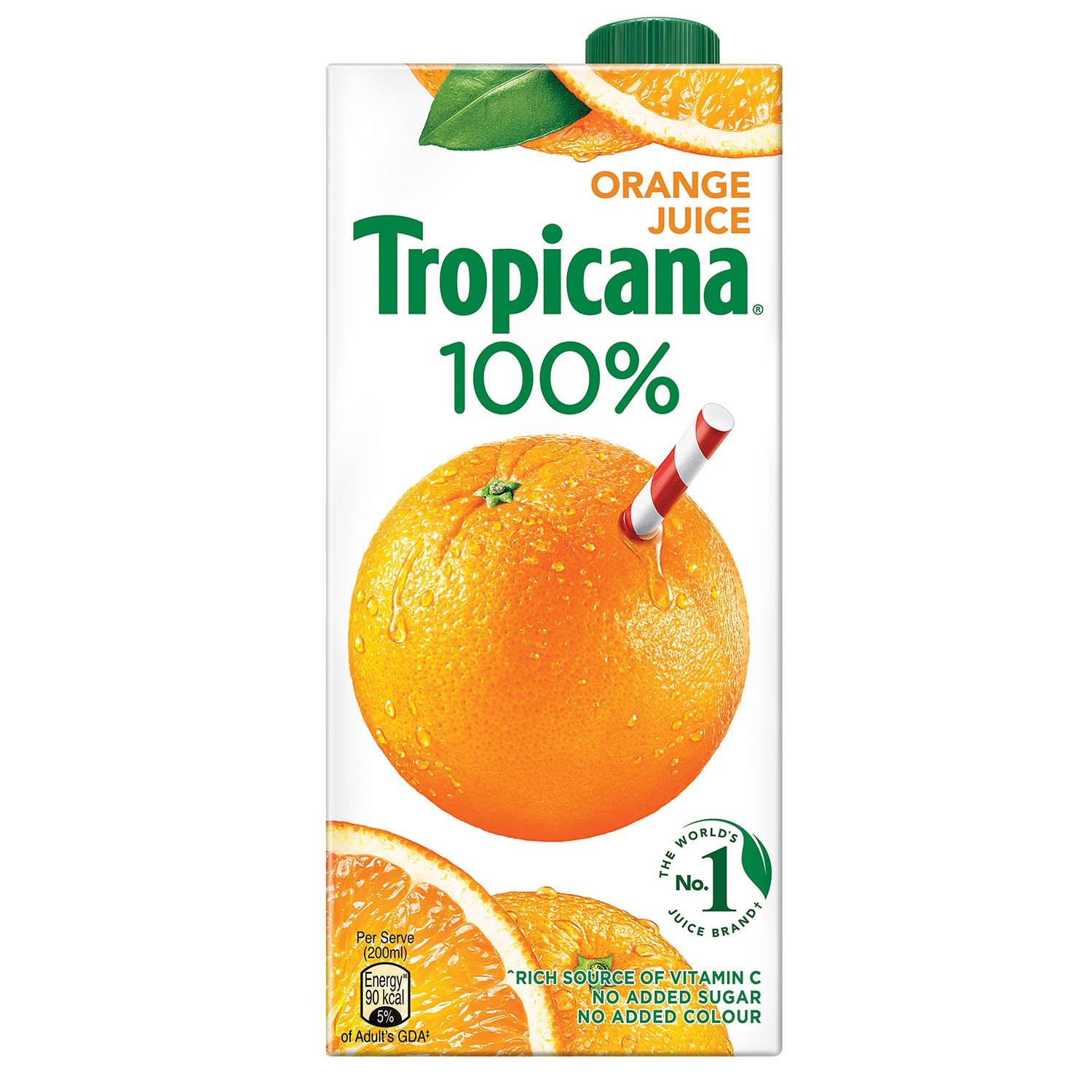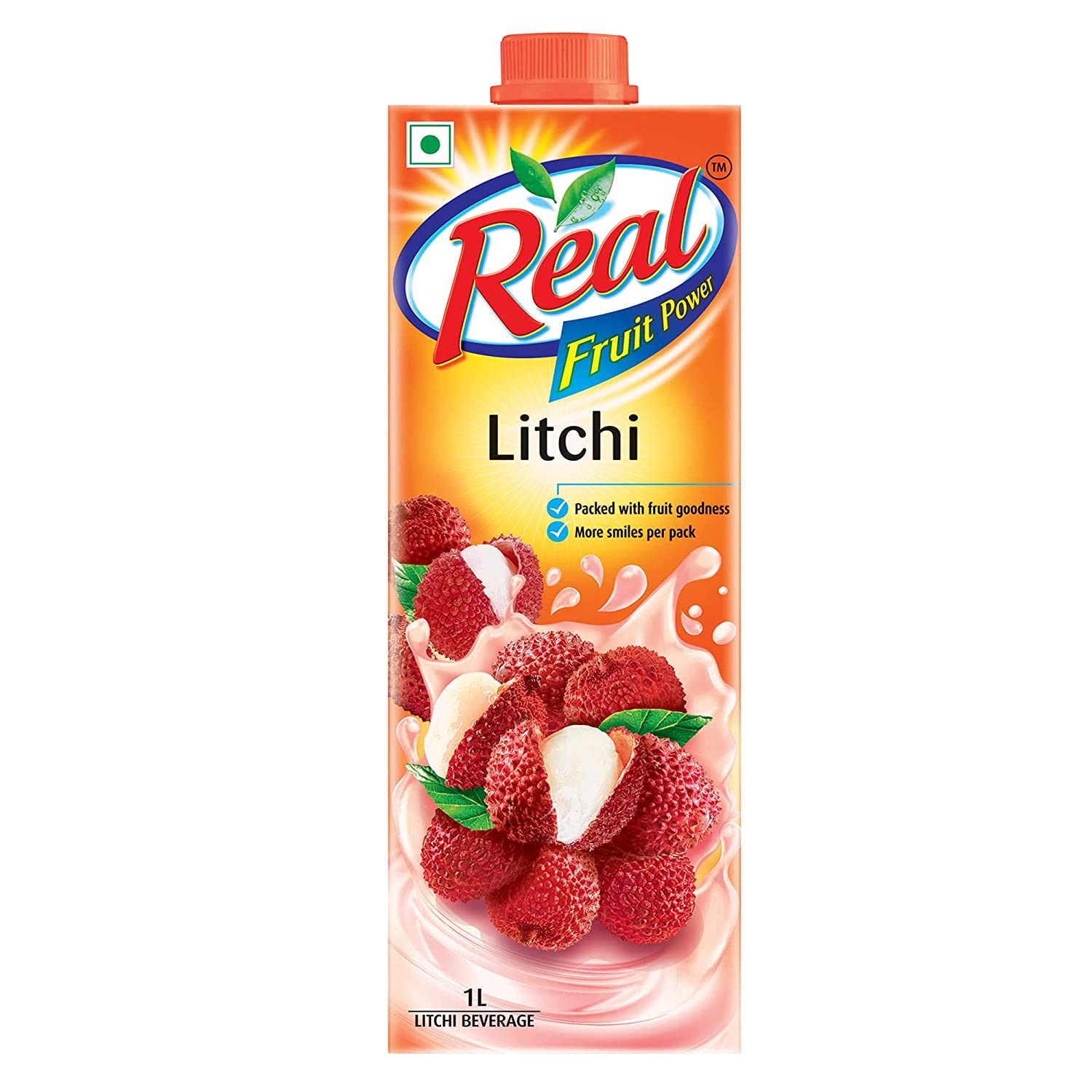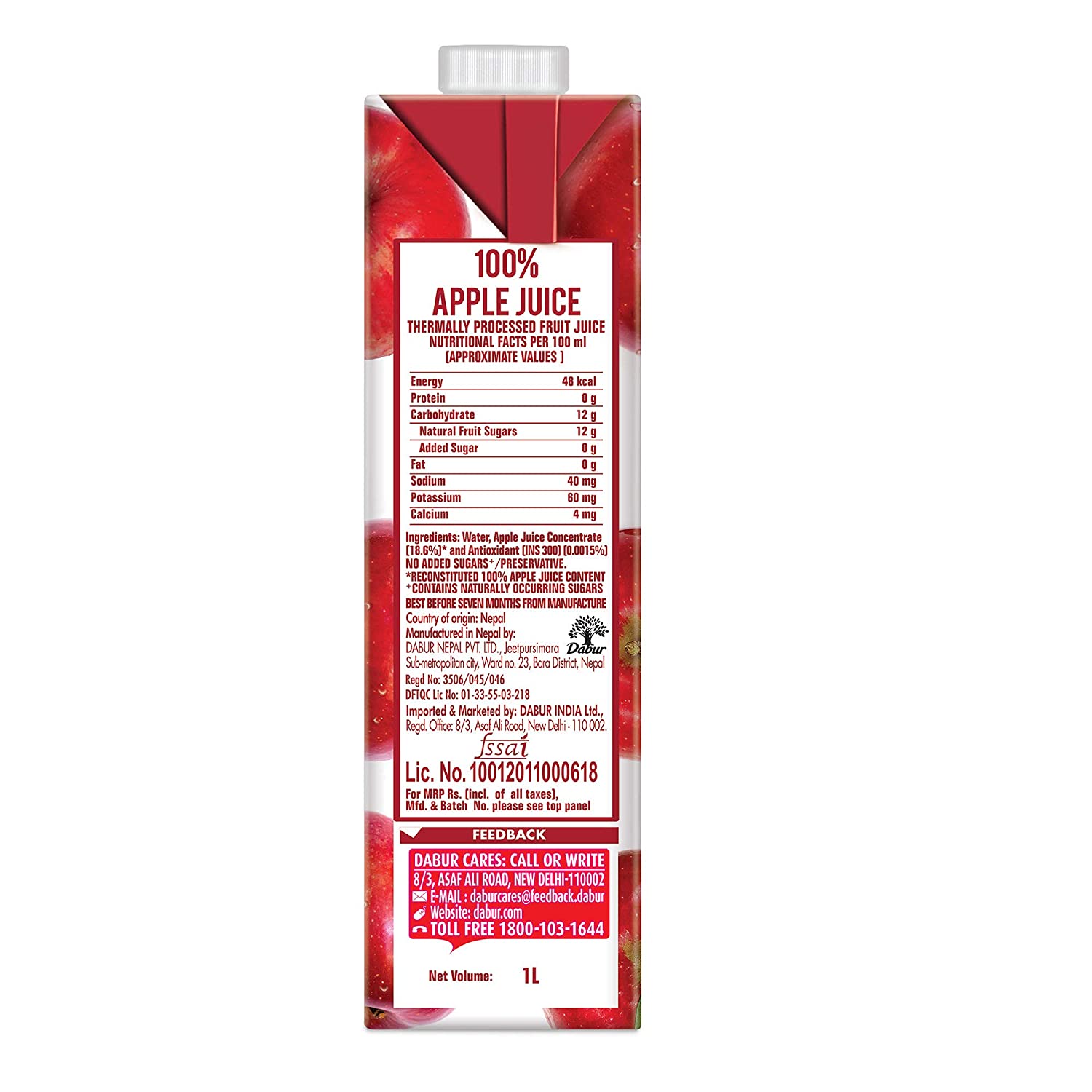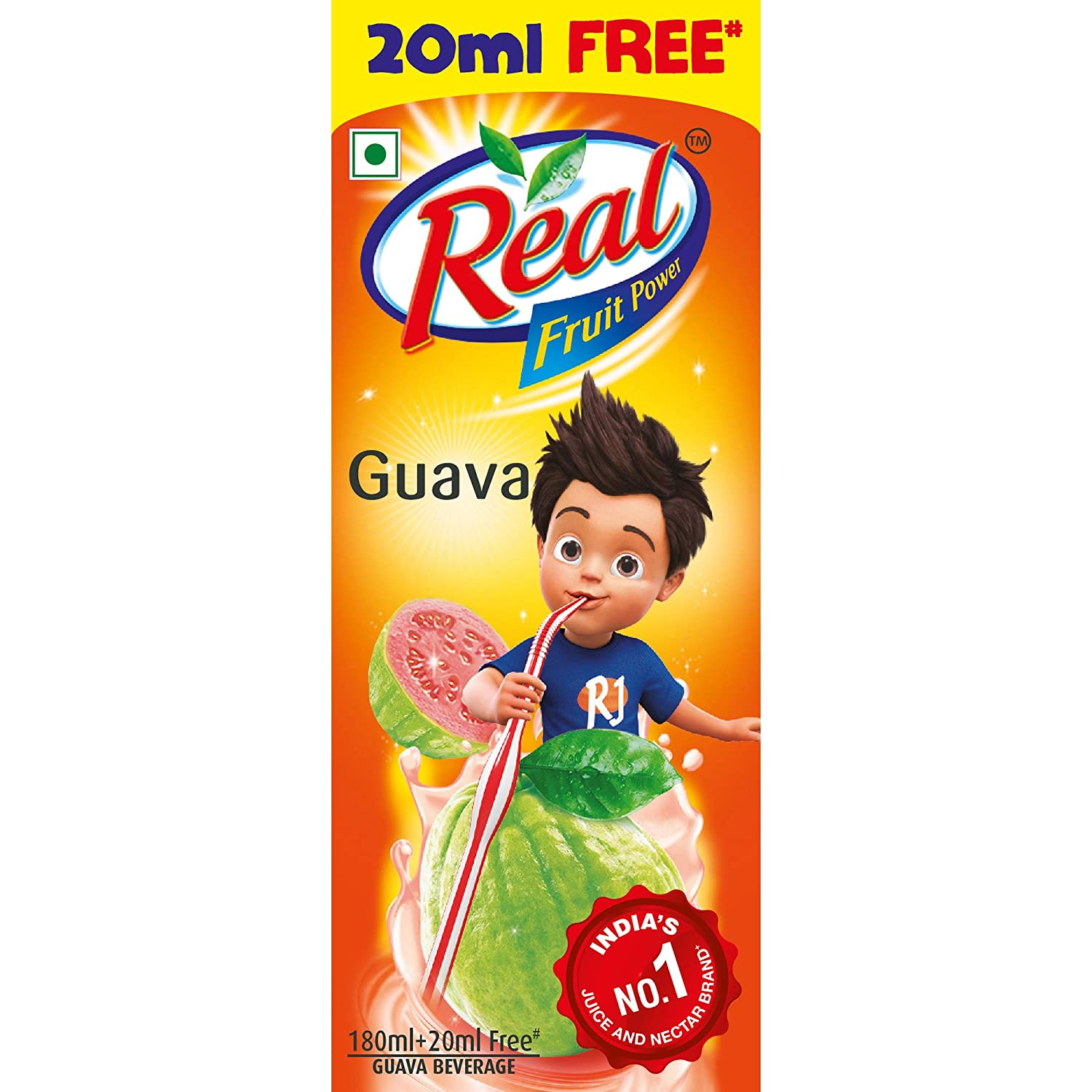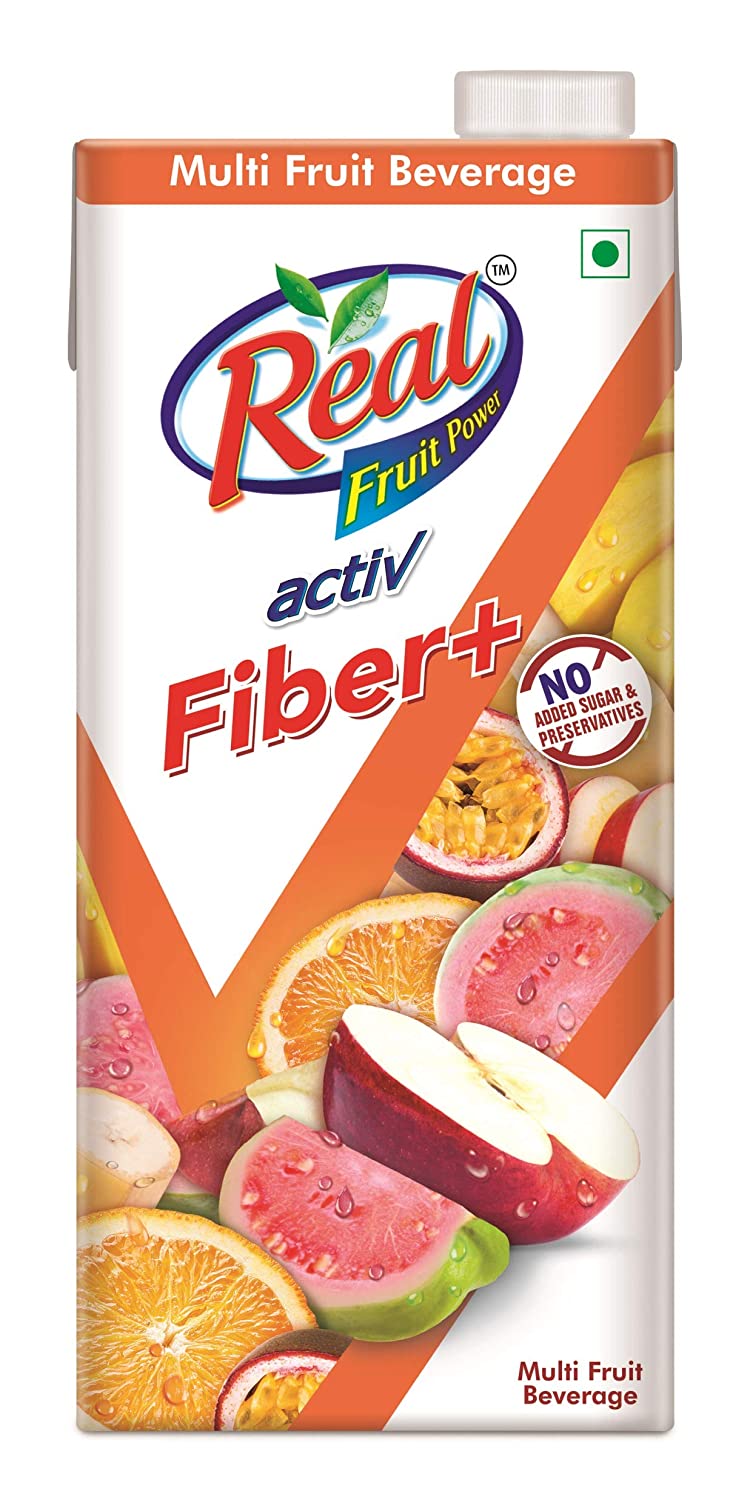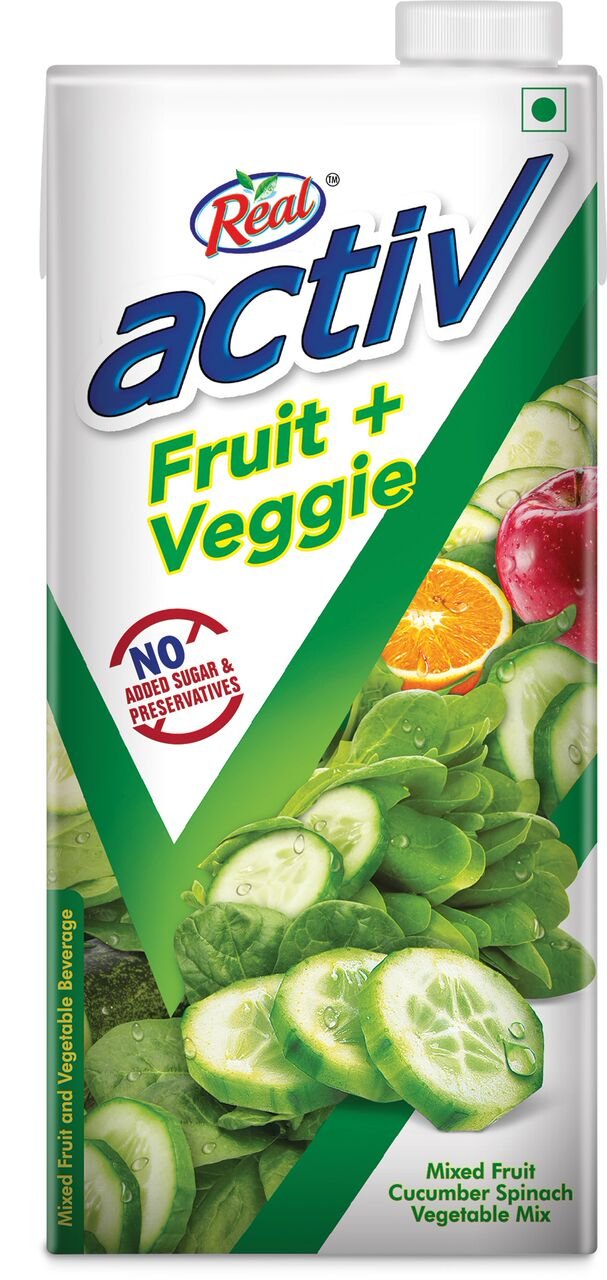Natural Fruit Sugar
Macronutrient
Last update date: October 11, 2023
Natural sugars are naturally occurring in whole foods like fruit that come with added health benefits like ffibreand antioxidants.
Frequently Asked Questions
1.
What is Natural Fruit Sugar?
Natural sugar refers to the sugar found in whole foods such as fruits, vegetables, grains, and dairy products. In the case of fruits, the natural sugar is called fructose. Unlike added sugars, natural sugars come packaged with essential nutrients like vitamins, minerals, and fiber. When consumed in their whole form, such as eating whole fruits, natural sugars are considered a healthy part of a balanced diet.
2.
What is positive impact of Natural Fruit Sugar?
Supports your immune system: The nutrients found in natural sugars help strengthen your immune system, boosting its ability to defend against infections and diseases. Prevents cancer: Certain natural sugars, along with the other beneficial components in fruits and vegetables, possess antioxidant properties that reduce your risk of developing cancer. Keeps your skin and heart healthy: The combination of natural sugars, vitamins, and minerals in fruits and vegetables supports the health of your skin and cardiovascular system. Supports your eyesight: Enjoying fruits like oranges and berries, which contain antioxidants and vision-enhancing vitamins, contributes to maintaining good eyesight. Improves your gut health: The fibre present in foods with natural sugars supports a healthy digestive system, promoting improved gut health. Lowers your cholesterol: By including natural sugars from sources like whole grains and fruits in your diet, you can help reduce your cholesterol levels, supporting heart health.
3.
What is negative impact of Natural Fruit Sugar?
Consumption of natural sugars from high-calorie sources can raise your triglyceride levels. It can eventually increase the risk of heart disease. Over-consuming natural sugars can be a cause of weight gain and apparently increase the risk of heart disease
4.
Who should avoid Natural Fruit Sugar?
While natural sugars are generally considered a healthy part of a balanced diet, certain individuals may need to be cautious or limit their intake. This includes: People with specific medical conditions: Individuals with diabetes, insulin resistance, or other conditions that require blood sugar management may need to monitor their natural sugar intake and follow personalized dietary recommendations. People with certain allergies or sensitivities: Some individuals may have specific allergies or sensitivities to certain fruits or natural sugars, requiring them to avoid those specific sources. People following specific dietary plans: Individuals following strict low-carbohydrate or ketogenic diets may choose to limit their natural sugar intake to meet their dietary goals. People with specific weight management goals: Individuals who are actively trying to lose or maintain weight may need to moderate their consumption of natural sugars, ensuring they fit within their overall calorie and macronutrient targets. People with dental issues: Individuals with dental problems or a high risk of tooth decay may need to limit their consumption of sugary fruits or dried fruits to protect their dental health.
5.
What are common sources of Natural Fruit Sugar?
Fruits and vegetables such as apples, bananas, oranges, berries, carrots, and beets are some excellent sources Dairy and dairy products like milk and yogurt are great sources of lactose, a natural sugar. Dried fruits like dates, raisins, and apricots are concentrated sources of natural sugars.


